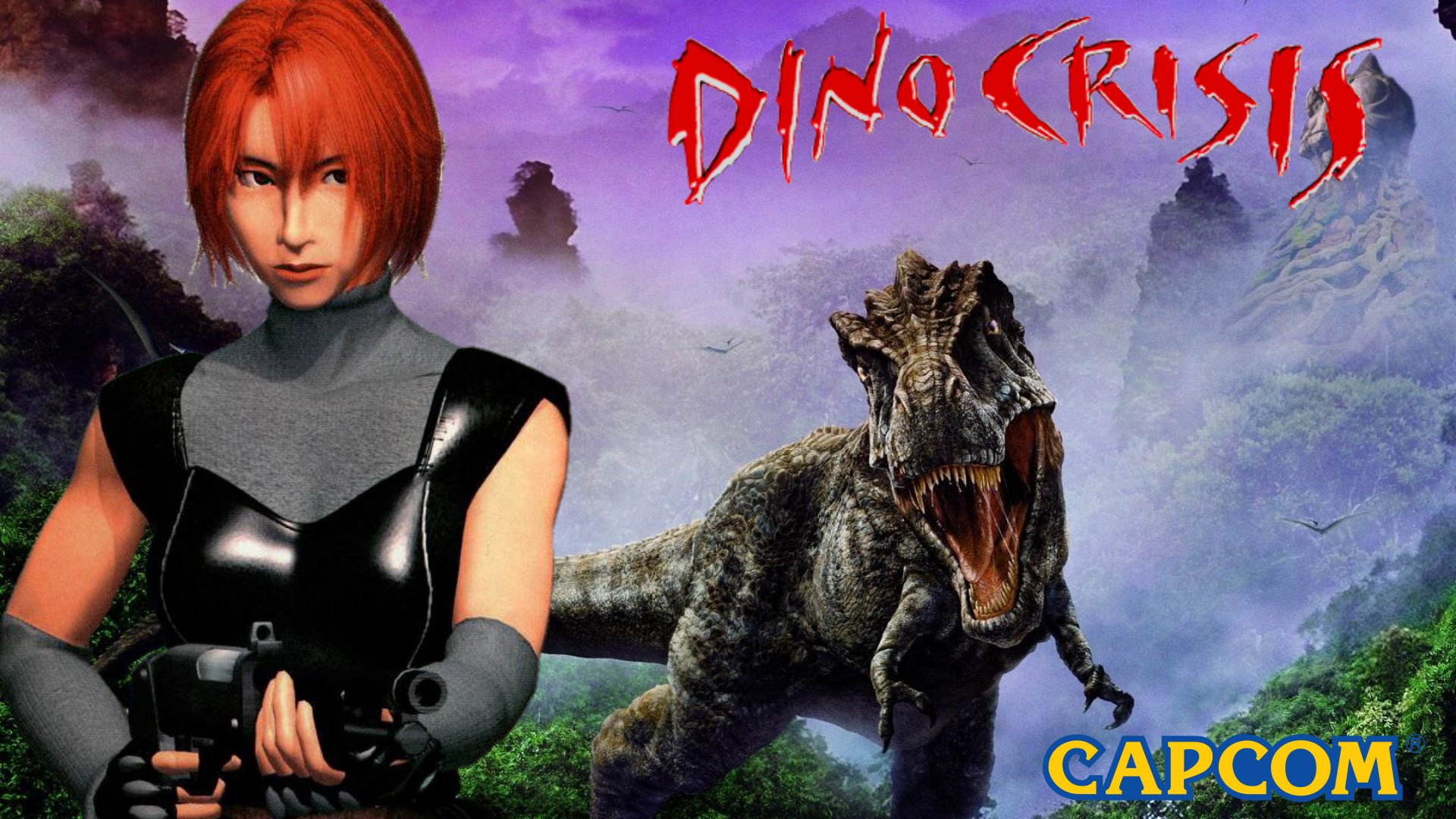Introduction :
It’s a classic survival horror game that was first released in 1999 for the PlayStation 1 console. The game was developed by Capcom and directed by Shinji Mikami, the creator of the Resident Evil series.
The game’s story, graphics, and development all contributed to its success and the enduring popularity among gaming fans.
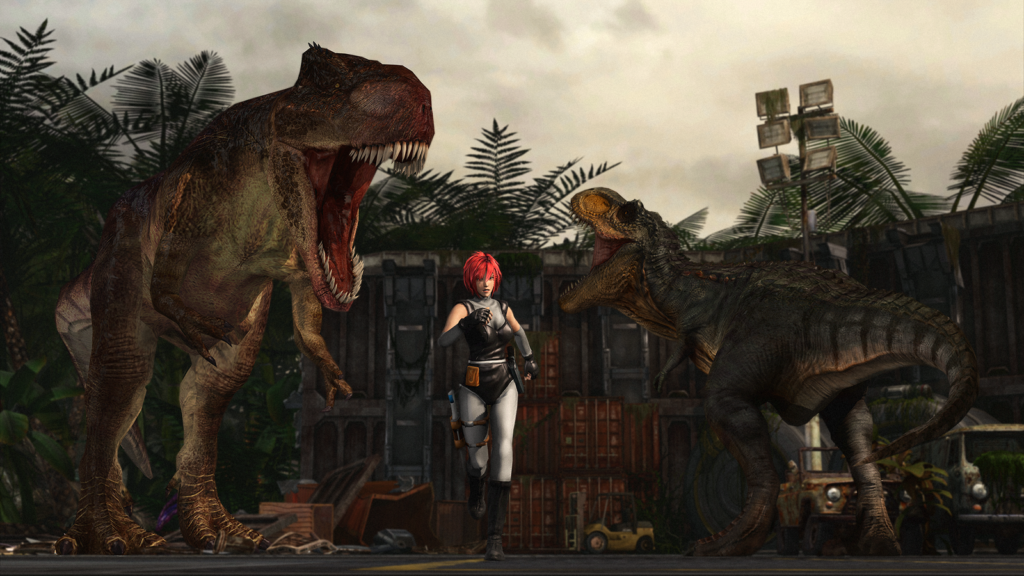
Games in the Dino Crisis series:
- The first game in 1999 he series was released for the PlayStation in 1999.
- DC 2 (2000): The sequel to the first game was released for the PlayStation in 2000.
- DC3 (2003): The third game in the series was released for the Xbox in 2003.
There were also some spin-offs and adaptations of the series, including:
- Dino Stalker (2002): A light gun shooter game released for the PlayStation 2 that takes place in the Dino Crisis universe.
- Dino Crisis: Dungeon in Chaos (2003): A mobile phone game that features characters and enemies from the Dino Crisis series.
- Dino Crisis manga (1999-2000): A manga adaptation of the first game in the series, which was serialized in Japan between 1999 and 2000.
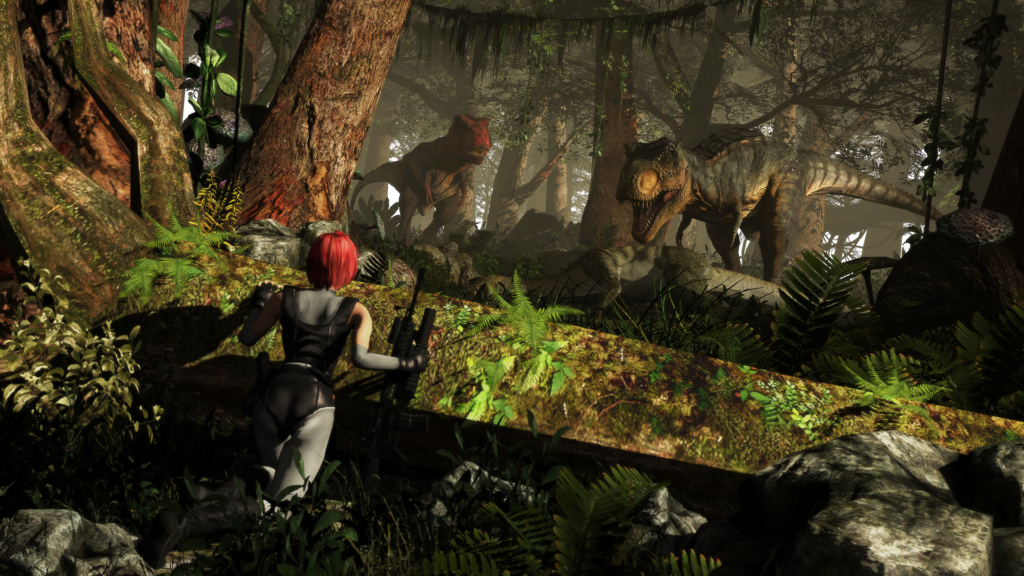
Story:
The game’s story was praised for its engaging plot, well-written characters, and intense atmosphere. Director, Shinji Mikami, was known for his ability to create suspenseful and thrilling narratives, and Dino Crisis was no exception.
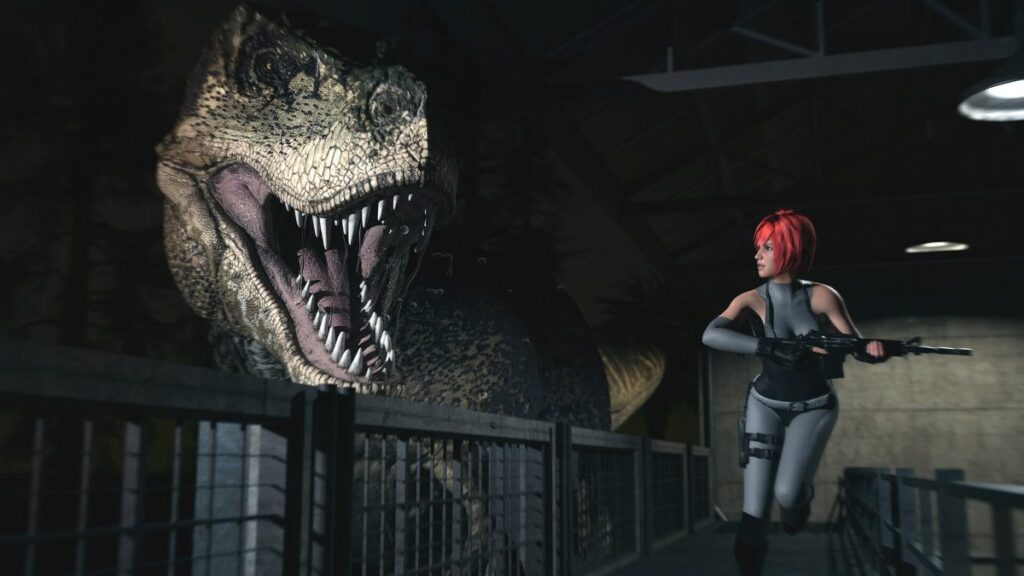
Graphic:
Dino Crisis were also a major factor in the game’s success.
The dinosaurs in the game were particularly impressive, with detailed textures and animations that made them seem like living creatures.
it’s use of lighting and sound effects also added to the overall atmosphere, creating a sense of tension and fear that kept players hooked.
Collaborative effort between several departments at Capcom :
The director, Shinji Mikami, worked closely with the development team to ensure that the game was true to his vision.
1 – Team responsible for the graphics and animations worked tirelessly to create a realistic and immersive environment that would draw players into the game.
2- Sound designers also played a crucial role in the development process, creating atmospheric sound effects and music that added to the game’s overall sense of tension and fear.
There has been much speculation and anticipation among fans of the DC franchise regarding the possibility of a remake.
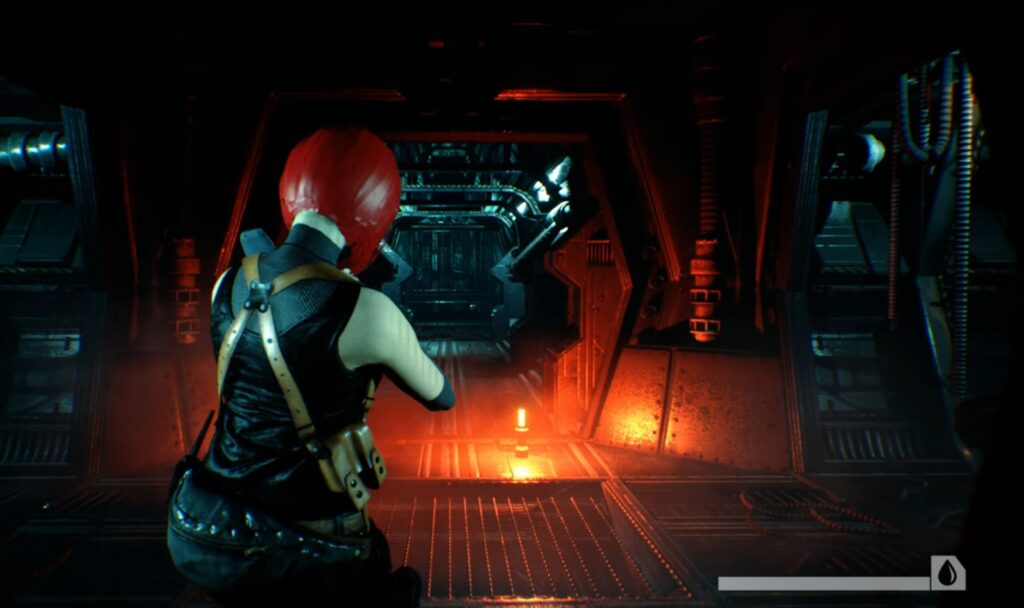
If the rumors are true, it is likely that the Dino Crisis remake will feature updated graphics and gameplay mechanics, as well as improvements to the story and characters.
One of the most significant changes that fans are hoping for is an overhaul of the game’s controls. The original Dino Crisis game featured tank controls, which were common in survival horror games at the time, but can be difficult for modern players to adapt to.
Another area that fans are hoping will be improved in a Dino Crisis remake is the game’s AI. The dinosaurs in the original game were impressive for their time, but could sometimes behave unpredictably or seem too easy to defeat. A remake would likely feature more advanced AI for the dinosaurs, making them more challenging and realistic opponents.
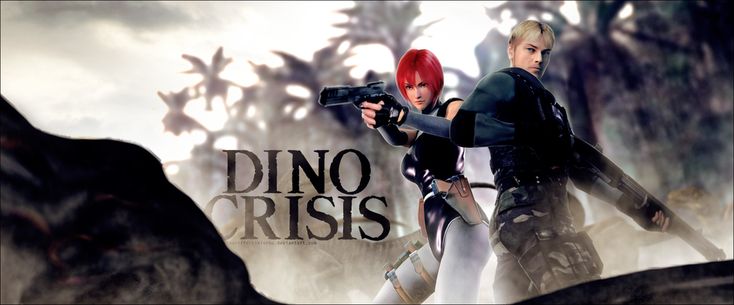
Finally, a Dino Crisis remake would also provide an opportunity to explore the story and characters in more depth.
While the original game had a compelling plot and interesting characters.
A remake could expand on the story and characters, providing a more immersive and engaging experience for players.
Conclusion:
It’s a classic survival horror game that has stood the test of time. Its engaging story, impressive graphics, and collaborative development process all contributed to its success and enduring popularity among gaming fans.
The game’s legacy continues to be felt in the gaming industry, inspiring new generations of survival horror games and setting the standard for what a great game should be.
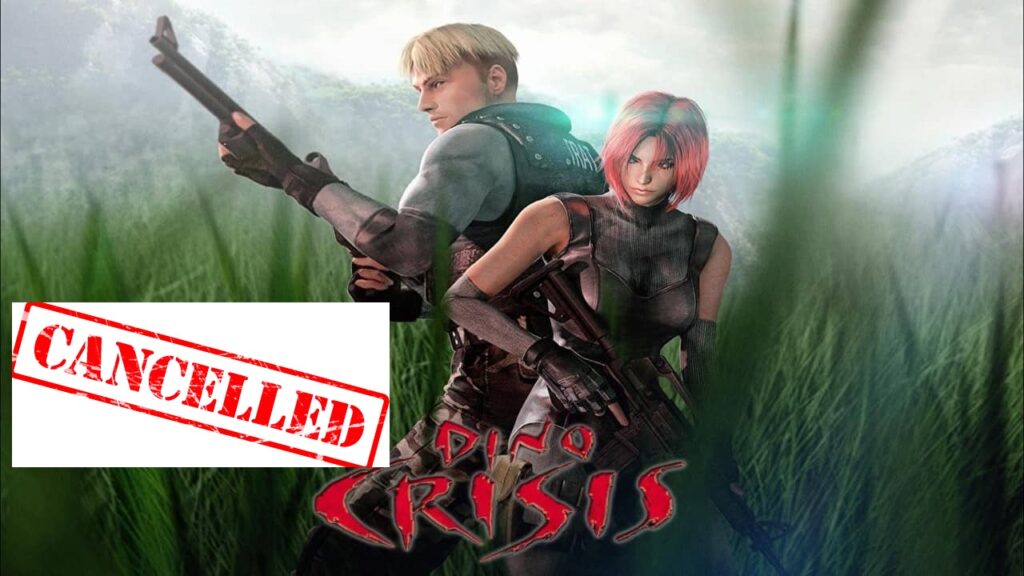
Gameplay in youtube:






